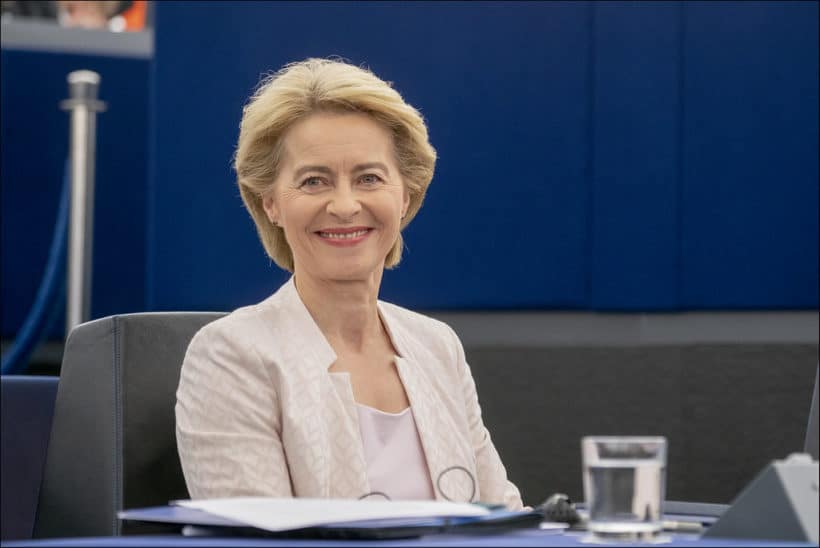
BRUSSELS, Feb 18 (Reuters) – Europe and Africa will work together to resolve by spring a rich-versus-poor nation dispute over how to ensure fair distribution of COVID-19 vaccines and treatments, the head of the European Commission said on Friday.
“We share the same goal. We have different ways to reach that goal. There must be a bridge between those two ways,” Commission President Ursula von der Leyen told a news conference at the end of a European Union-African Union summit in Brussels.
Von der Leyen said leaders had had a “good, intense, constructive” discussion on the topic and that her Commission and the African Union Commission would work together.
“We will meet college-to-college, meeting here in Brussels in spring and at that time, at the latest, we have to deliver a solution,” she said.
Read more: EU launches reset with Africa after pandemic disruption
Only 11% of Africans were fully vaccinated at the start of February, according to the World Health Organization, against a mid-2022 target of 70%, which would put it more on par with Europe and other developed regions.
Many developing countries have called for a waiver of intellectual property (IP) rights for COVID vaccines and treatments. Rich nations, including many in the EU, say existing rules allowing countries to grant licences to local companies would boost production more effectively.
The WHO earlier announced in Brussels that six African countries – Egypt, Kenya, Nigeria, Senegal, South Africa and Tunisia – had become the first on the continent to receive the technology needed to produce mRNA vaccines. Read full story
South African President Cyril Ramaphosa said that IP barriers had nevertheless hampered his country and that a waiver of IP rights was required to spread production more evenly.
“We are talking about the lives of millions, hundreds of millions of people, rather than the profitability of the few companies,” he said. “While we appreciate the donations, they are never a sustainable way or mechanism to build resilience.”
(Reporting by Philip Blenkinsop; Editing by Christina Fincher)